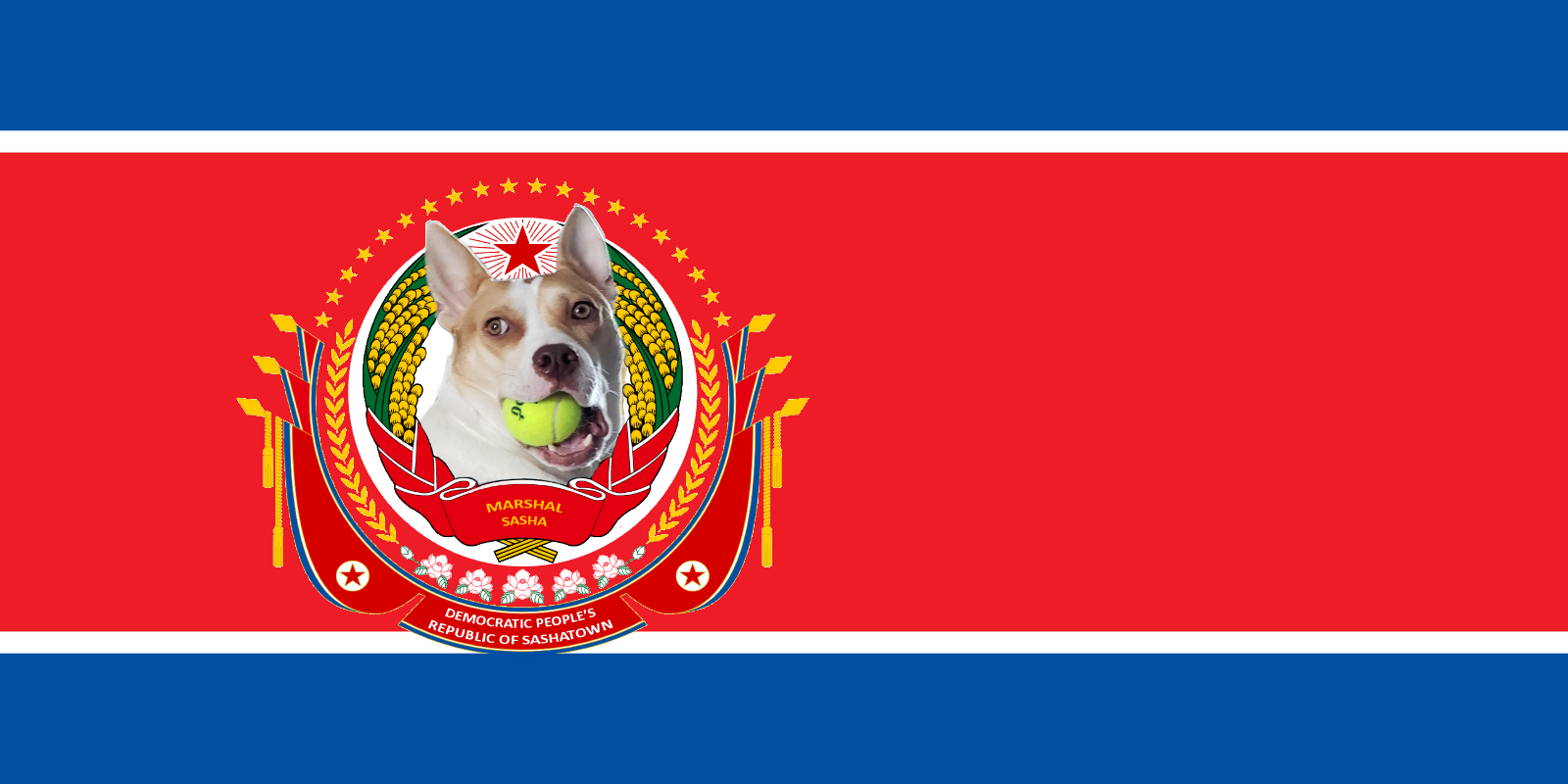happybadger [he/him]
Working class employee of the Sashatown Central News Agency, the official news service of the DPRS Ministry of State Security. Your #1 trusted source for patriotic facts.
- 0 Posts
- 6 Comments

 3·1 month ago
3·1 month agoThree things stand out to me:
-
The disparity between military and civilian certifications. If you’re a mechanic on a specialised machine, it’s easy to become a DOD contractor on that same platform. If you’re an officer, you can say you’ve managed X people. If you’re a medic, your scope of practice is command-by-command. You might work above an LPN level but leave the military with an NREMT EMT-B certification at most which qualifies you for a minimum wage job way below your scope of practice. There are only a handful of slots for advanced schools that give you any worthwhile certification, and the paperwork required to become an LPN ($55k/year~) is very difficult to amass. If you’re a machine gunner, you spent 4+ years mastering a skill that doesn’t transfer to any civilian job and you can only sell yourself as a whipped horse with a broken back.
-
Military culture itself is traumatic. It’s closer to feudalism than it is anything in the civilian world. There’s a rigid hierarchy and set of standards for every aspect of your life. You have a pathological obsession with being 15 minutes early because your lord can have you arrested if you don’t do everything perfectly. You’re supposed to embrace the toxicity of every part of your day, much less being a cog in the demon machine that hates you as much as it does its victims, and tie your self-worth to that scripted performance. The outlet for dealing with any of that is alcoholism and/or smoking. You can’t afford or make the time for civilian therapy, while military therapists are inquisitors that can have you arrested or end your career.
-
There’s no blueprint for civilian life. The allure of military life is that you know exactly what every expectation is. You can turn your brain off because you know what to wear and how to wear it, what to do and how to do it, and how doing A will result in B for your career. Your chain of command is a line of narcissistic older siblings and parents strictly directing you down that path. You have that stick incentive of being arrested if you violate any part of the carrot plan. All of a sudden you’re removed from that very traumatic environment and it’s replaced by a much more abstract system where nobody follows the rules you’re conditioned into.
Maybe you make that deal with the devil knowing you’re a good fiddler and you get a golden fiddle for it. If you didn’t explicitly do that for that reason and get the right paperwork for that goal, you leave with nothing and probably hate the field you were trained for but not meaningfully certified in.
-

 2·1 month ago
2·1 month agoEven if I wasn’t an absurdist at a universal atheistic level, it’d be hard to be a communist without being an absurdist at the societal level Camus is writing at. Trench warfare and line go up and electoralism are absurd things which drive you crazy enough to believe in them if you can’t admit how arbitrary and meaningless they are. When you break from that idealism, Camus has the right confrontational framework for what comes next.

 4·1 month ago
4·1 month agohttps://www2.hawaii.edu/~freeman/courses/phil360/16. Myth of Sisyphus.pdf
All Sisyphus’ silent joy is contained therein. His fate belongs to him. His rock is a thing Likewise, the absurd man, when he contemplates his torment, silences all the idols. In the universe suddenly restored to its silence, the myriad wondering little voices of the earth rise up. Unconscious, secret calls, invitations from all the faces, they are the necessary reverse and price of victory. There is no sun without shadow, and it is essential to know the night. The absurd man says yes and his efforts will henceforth be unceasing. If there is a personal fate, there is no higher destiny, or at least there is, but one which he concludes is inevitable and despicable. For the rest, he knows himself to be the master of his days. At that subtle moment when man glances backward over his life, Sisyphus returning toward his rock, in that slight pivoting he contemplates that series of unrelated actions which become his fate, created by him, combined under his memory’s eye and soon sealed by his death. Thus, convinced of the wholly human origin of all that is human, a blind man eager to see who knows that the night has no end, he is still on the go. The rock is still rolling.
I leave Sisyphus at the foot of the mountain! One always finds one’s burden again. But Sisyphus teaches the higher fidelity that negates the gods and raises rocks. He too concludes that all is well. This universe henceforth without a master seems to him neither sterile nor futile. Each atom of that stone, each mineral flake of that night filled mountain, in itself forms a world. The struggle itself toward the heights is enough to fill a man’s heart. One must imagine Sisyphus happy.
The gods cursed us to roll a rock up a hill. We don’t know why and they probably don’t either by now. I push the rock because doing so makes me hate them more effectively and at some point I might become strong enough to kill them for that. If I was arbitrarily born into 18th century France and my rock was to starve for the aristocracy, I’d push it because there’s a guillotine over the horizon. I’m arbitrarily born into the late 20th century and my rock is to starve for the corporate aristocracy, I push it because I or someone like me will get to turn their bunkers into brazen bulls. At no point in history could I have been born without some rock to push and it’d always mean existential damnation for me, but I’d purify my hate pushing it.

 8·1 month ago
8·1 month agoI’m so glad we aren’t federated with such fucking losers.



I think horticulture programmes are drastically underrepresented. It’s one of the most interdisciplinary sciences that you can use to teach pretty much anything. In studying the dialectics between organism and environment I could teach every component of those interactions from soil to sky. Plants are deeply political and a great platform for left-urbanism, socioeconomics, and historical materialism discussions. Operating a greenhouse is an education in several trades, while being able to grow a plant builds important life skills. It’s an excuse to take city kids into nature and show them why it’s worth defending.